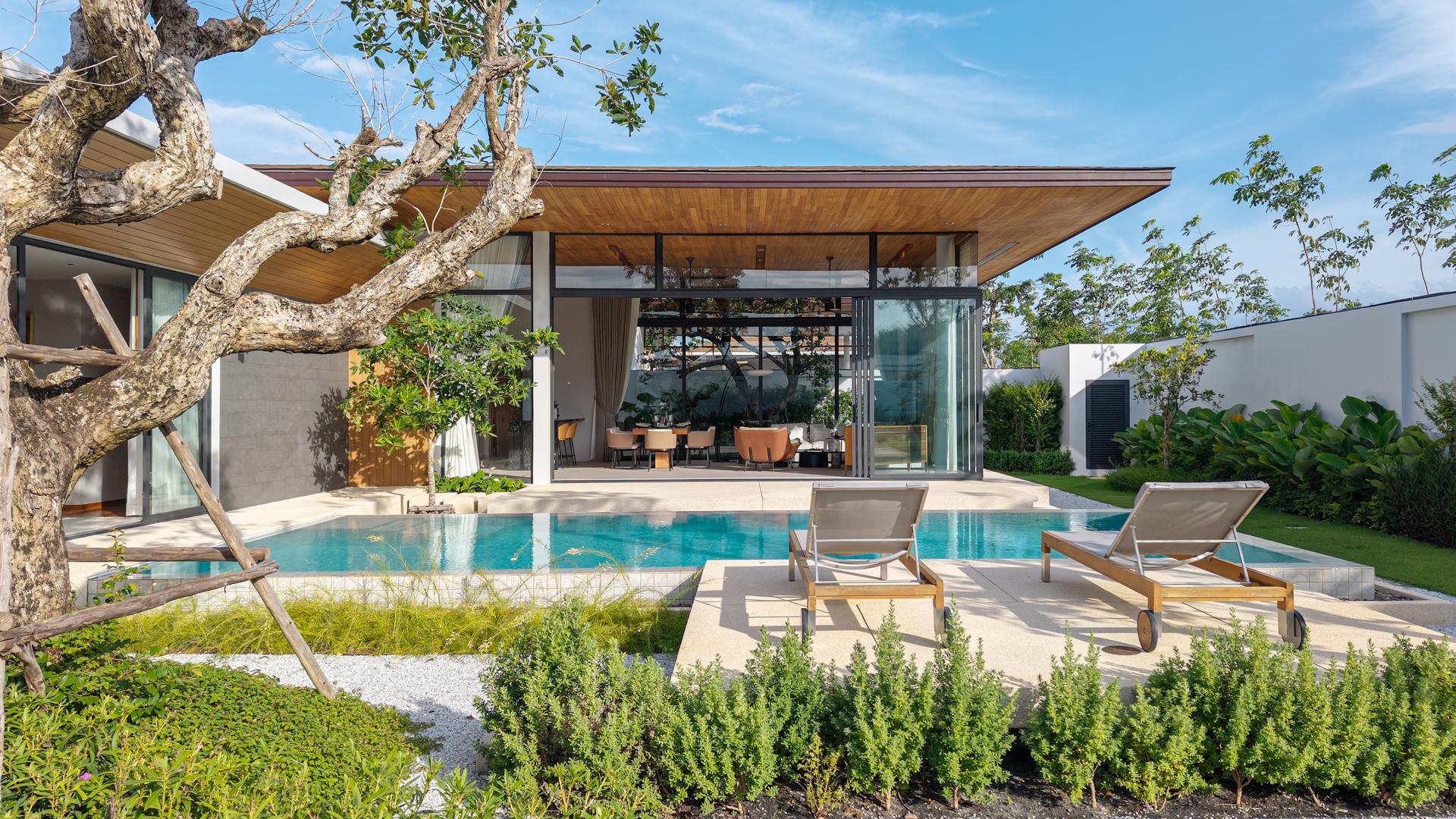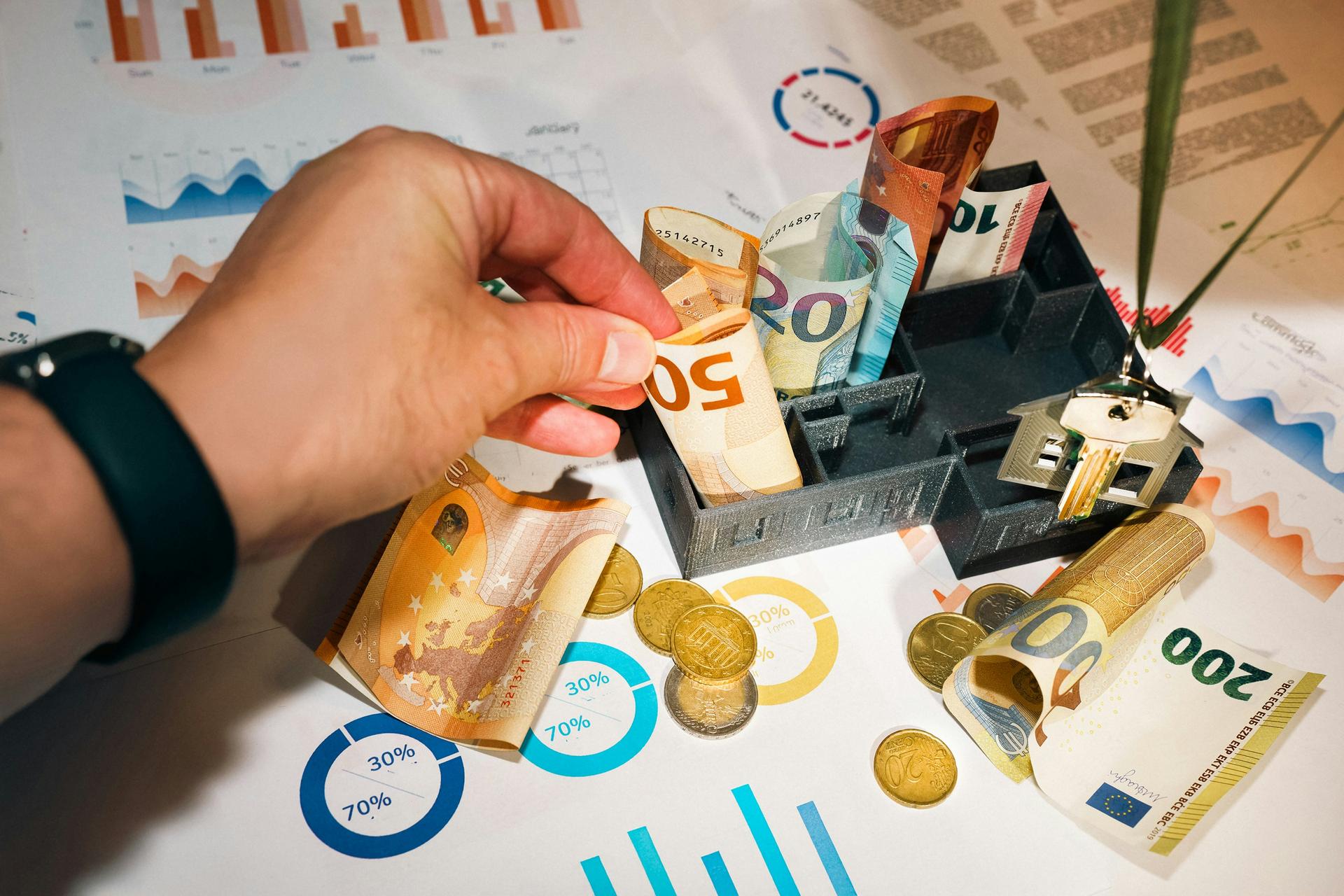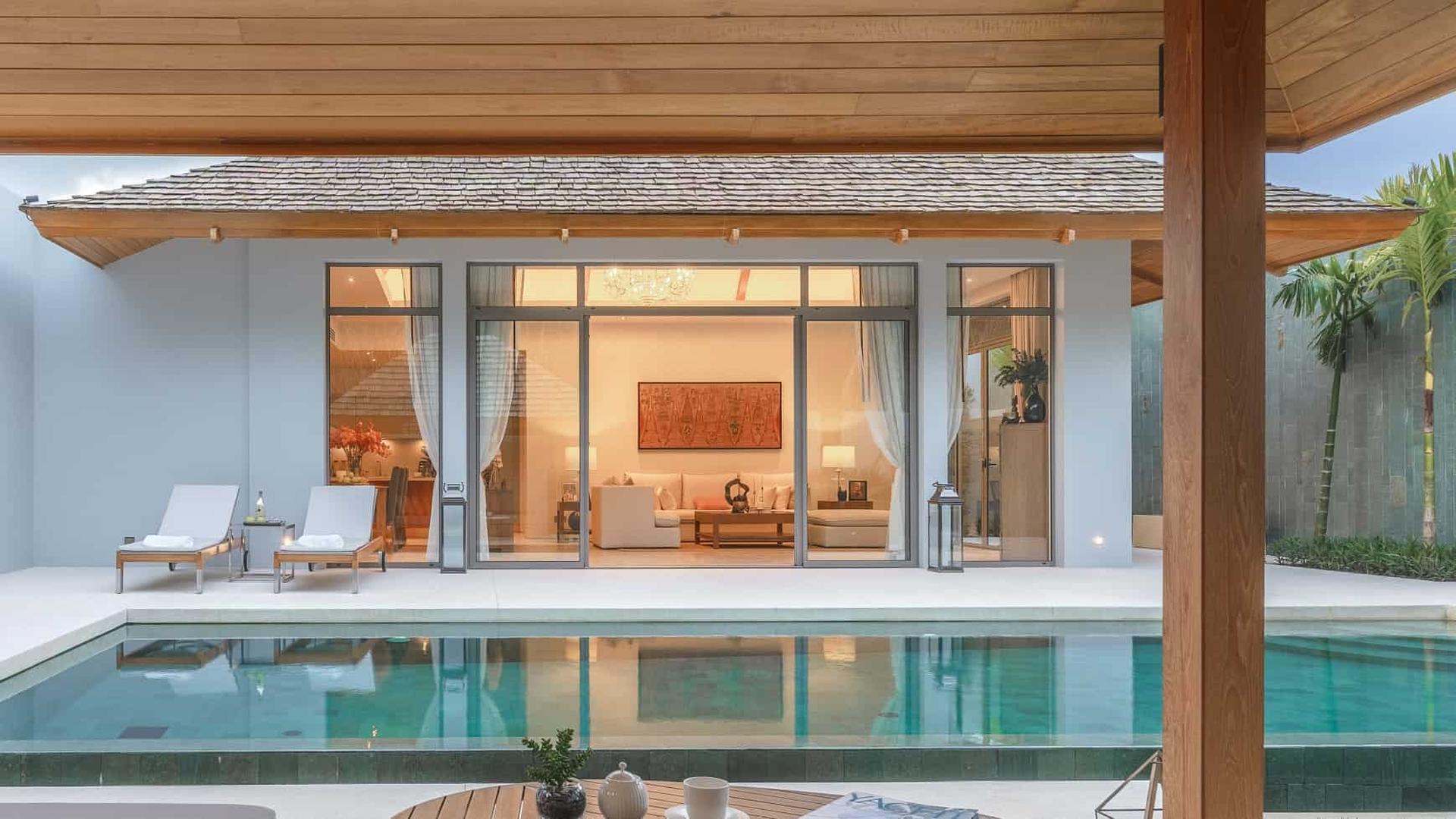Can a Foreigner Buy Property in Thailand as a Tourist?

Thailand does not require foreign nationals to hold a specific visa in order to buy or own property in the country. Holding a tourist visa also does not change the laws around property ownership. What it does influence are the financial aspects, such as how you handle financing and make payments.
In this article, we will cover the foreign ownership laws in Thailand, the step-by-step process of buying and leasing property, and the financing options available to tourists.
Foreign Ownership Laws in Thailand
According to the law in Thailand, foreigners are not allowed to buy and own land under their own name. That said, joint land ownership is possible, but only through setting up a Thai company or marrying a Thai citizen, both of which involve added legal and administrative steps. For most tourists, there are more practical methods.
Even though you cannot directly own land, you can still buy property in Thailand under certain conditions:
- Condominium Units in Thailand: Foreign nationals may buy a condominium unit with freehold status outright or enter into a leasehold agreement. However, foreign ownership within the condominium building is capped at 49%, with the remaining 51% reserved for Thai nationals. Although you cannot own an entire building, you may buy multiple individual units across different developments as long as the quota is respected. All funds used to buy a condominium must also be transferred from abroad.
- Long-Term Leaseholds in Thailand: Foreign nationals may also enter into a 30-year lease agreement with a Thai landlord or developer. This option provides access to a broader selection of real estate, including villas, houses, and land. The lease can be renewed twice (a right to unconditional extension is normally included in the lease agreement), allowing for a total lease period of up to 90 years, and offers the closest arrangement to de facto control over a property.

Step-by-Step Process for Buying and Leasing Property in Thailand
While most of the property acquisition process can be done remotely, there are a few steps that require your presence in Thailand or the involvement of a trusted representative. Below is an overview of the property-buying and leasing process:
- Identify the Property: Begin by selecting a property that matches your budget, goals, and lifestyle. If you are uncertain about your choice, a qualified real estate agent can help evaluate the property in terms of location, infrastructure, seller reputation, legal structure, and long-term value. This stage also includes title searches and due diligence. While we strongly encourage the buyers to see the properties in person first, you can do this remotely.
- Negotiate the Terms: Once you have chosen the property, you will discuss pricing, payment structure, furniture packages, and any additional conditions with the seller or developer. This stage is more straightforward for completed properties than for off-plan projects, as timelines and construction risks are no longer a concern. Once you have selected the property, you can negotiate the terms in person or online, or let your agent secure the best conditions for you.
- Reserve the Property: To secure the unit, you will need to pay a reservation deposit of 2–5% of the purchase price. This removes the property from the market while contracts are prepared, and the deposit is applied toward the total purchase price. Depending on the seller’s policy, the deposit may be transferable to another unit, but it is often non-refundable if you decide to withdraw entirely. You can reserve the property from abroad via bank transfer, or you can do it in Thailand – but be mindful of money origin restrictions.
- Sign the Contract and Make the First Payment: The Sale and Purchase Agreement or Lease Agreement is then signed, confirming the details of the transaction. An initial instalment of around 20–35% of the purchase price is usually due within 30 days. For completed properties, the remaining balance is settled in a single payment within the following 30 to 60 days, rather than being spread out across multiple instalments. The contract signing can be done in person, or it can be mailed to you for signature.
- Inspect the Property: Before the transfer, you will have the opportunity to inspect the property. Any defects should be listed in an inspection letter and corrected by the seller. If you are overseas, you may authorize a representative in Thailand through a Power of Attorney to conduct the inspection and confirm the property’s condition on your behalf.
- Accept the Handover and Register the Ownership: After inspection and final payment, the seller will hand over the property. It must then be formally registered with the Land Department. For freehold purchases, you will receive a Chanote title deed in your name. For leasehold agreements, your rights will be registered accordingly. Property taxes and transfer fees are also settled at this time, with costs typically shared between the buyer and seller. We strongly recommend attending the handover in person; however, if you are not in Thailand, a representative can also handle this part of the process on your behalf. Note that this will require a very specific Power of Attorney using standard forms issued by the Land Department (Tor Dor 21 for land and Chor 21 for condominiums).

Mortgages and Property Financing as a Foreigner in Thailand
Thailand is often described as a cash market for foreign buyers, and this is largely true, especially for those on tourist visas. Local banks rarely issue mortgages to foreigners, and banking regulations introduced in 2025 now prevent tourists from opening a Thai bank account. As a result, tourists will need to buy property with cash or consider alternative payment arrangements.
That said, here are the main financing options you will find in Thailand.
Construction Payment Plans
For off-plan projects, many developers allow staged payments during construction. Buyers usually pay 20–30% upfront, followed by installments linked to construction milestones, and a final payment when the project is completed. These plans tend to run for 2 to 3 years, depending on the project (and on which development stage you buy).
Developer In-House Financing
Some developers also offer in-house financing, where payments continue for several years after you take possession of the property. These arrangements may last up to 5 years and cover as much as 50% of the purchase price. Because the title deed is only transferred after full payment, the process is simpler than applying for a bank loan. Strictly speaking, these are extended payment plans rather than true financing, since no money is actually disbursed.
Bank Mortgages
Despite the common wisdom (and our own words above), mortgages for foreign nationals are technically available in Thailand, but only in a very limited capacity. There are two scenarios.
The first is private loans to long-term residents, such as those who stay in the country under a long-term visa/work permit.
The second is for non-residents who, in limited cases, may receive a loan in foreign currency for the purchase of a condominium unit through certain banks. These loans are disbursed overseas to comply with the money origin requirements imposed on condominium purchases by foreign nationals in Thailand. However, they are restricted to certain properties – completed, pre-qualified condominiums in Bangkok, built by top Thai developers. They also come with strict requirements (nationality and source of income), involve a lengthy application process, and have fairly high interest rates, making them unrealistic for most foreign buyers.
Non-Bank Loans
A handful of non-bank institutions provide financing to foreigners. However, these loans come with higher interest rates and apply to only a limited selection of properties.

Make Your Property Plans in Thailand a Reality
As a tourist, you can buy property in Thailand, most often in the form of a condominium. While you cannot directly own land and mortgages are out of reach, the buying process remains straightforward with the right support. Many of the steps can be managed remotely, with only the final transfer requiring your presence or that of a trusted representative.
Thailand offers a wide variety of opportunities for international buyers. Whether you are interested in a beachfront villa, a modern city condominium, or a property with strong investment potential, there are options that fit different lifestyles and goals.
At Sunway Estates, we provide personalized support to guide foreign buyers through every step of the process. From helping you find the property of your dreams to handling the legal and administrative work for a smooth handover and registration, our team is dedicated to streamlining the property acquisition process to make your investment in Thailand as secure and hassle-free as possible.
If you are ready to explore real estate opportunities in Thailand, contact Sunway Estates today!
